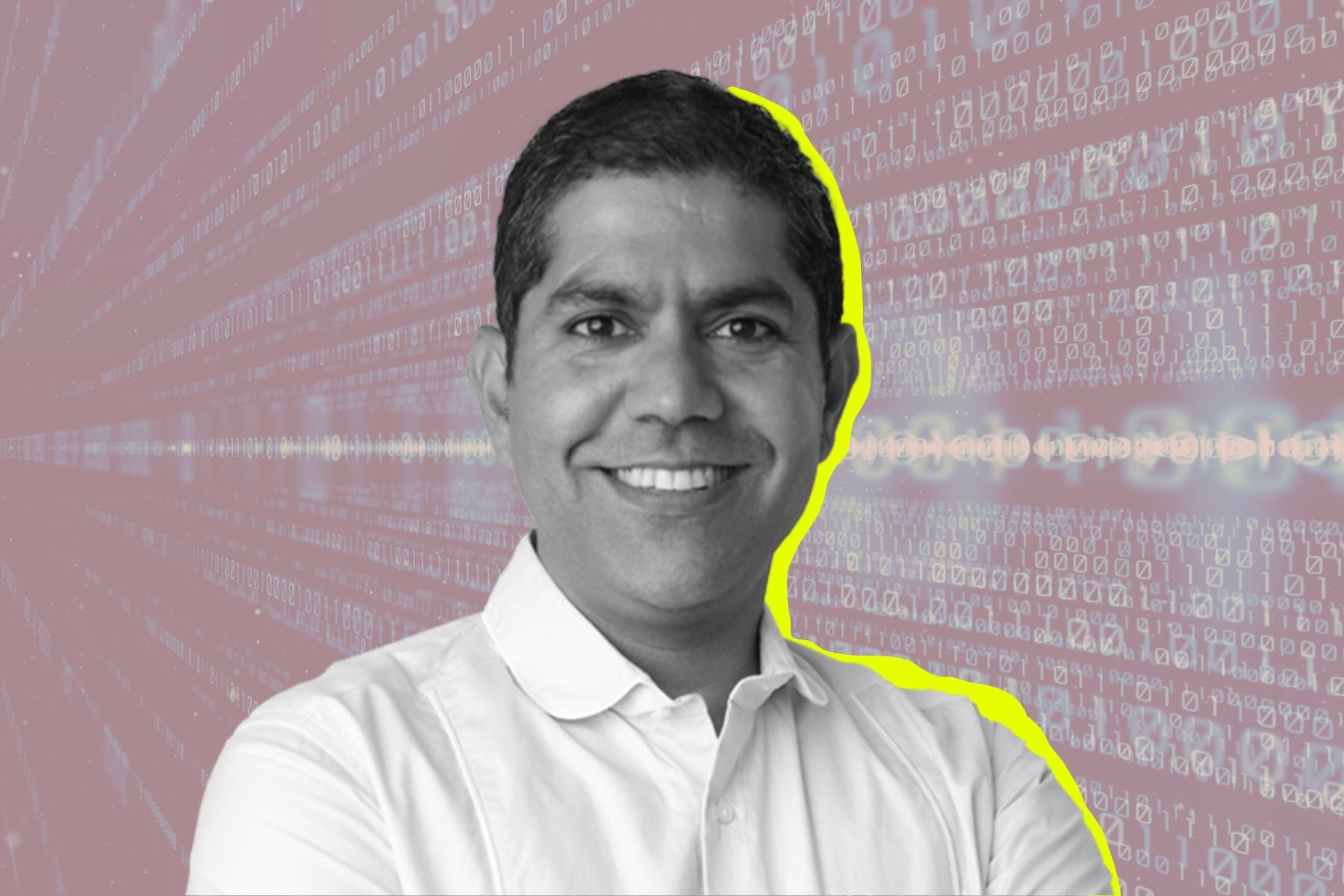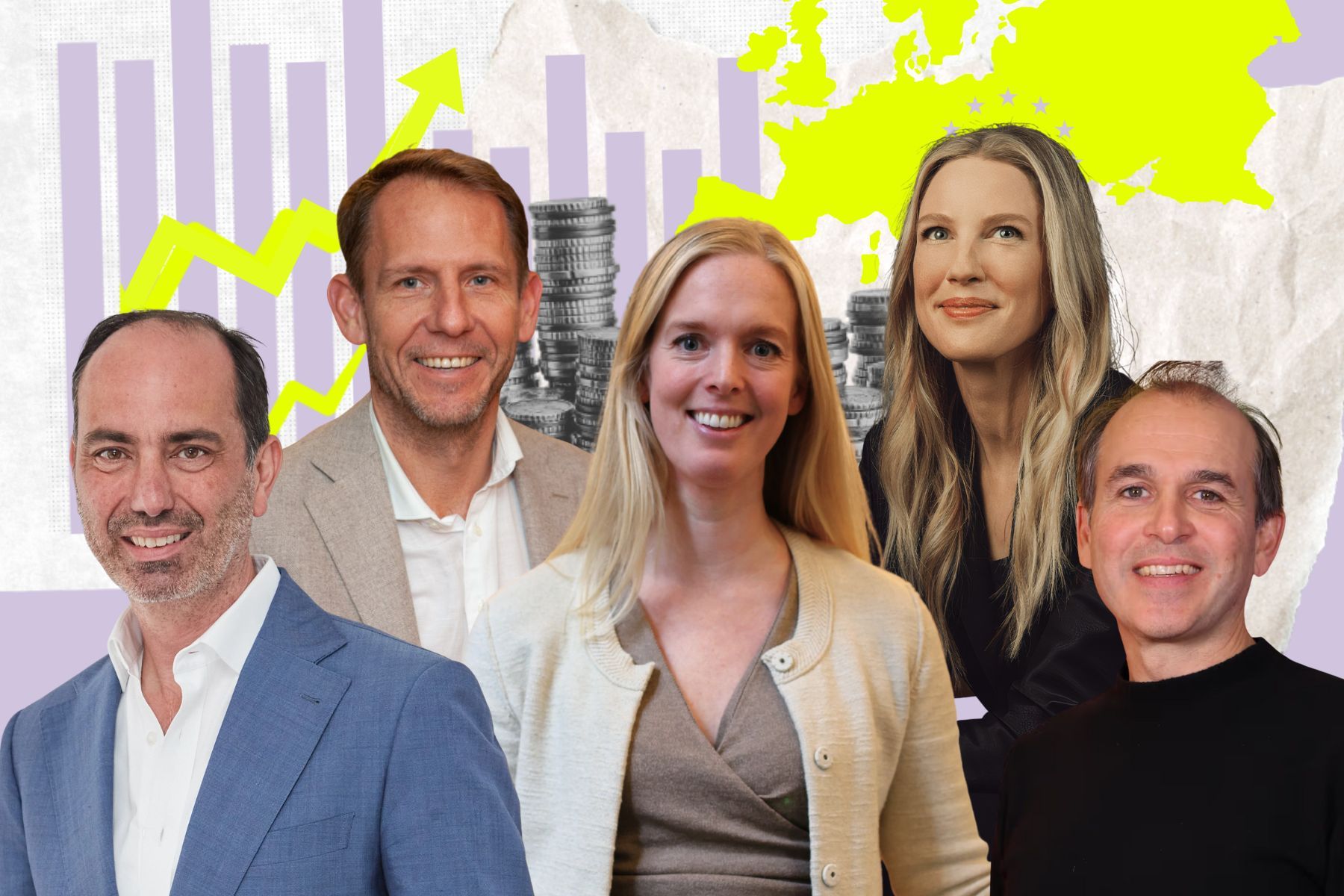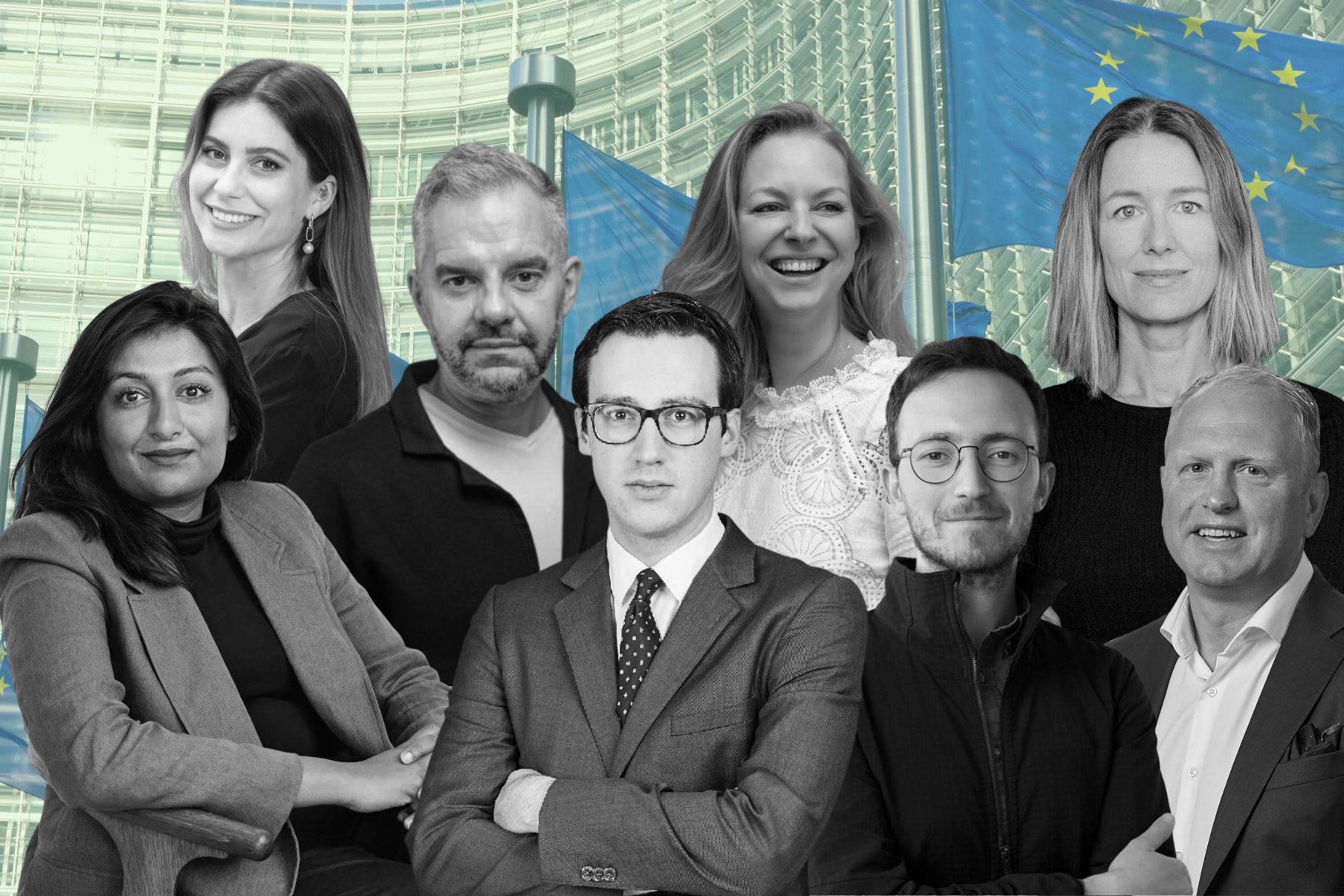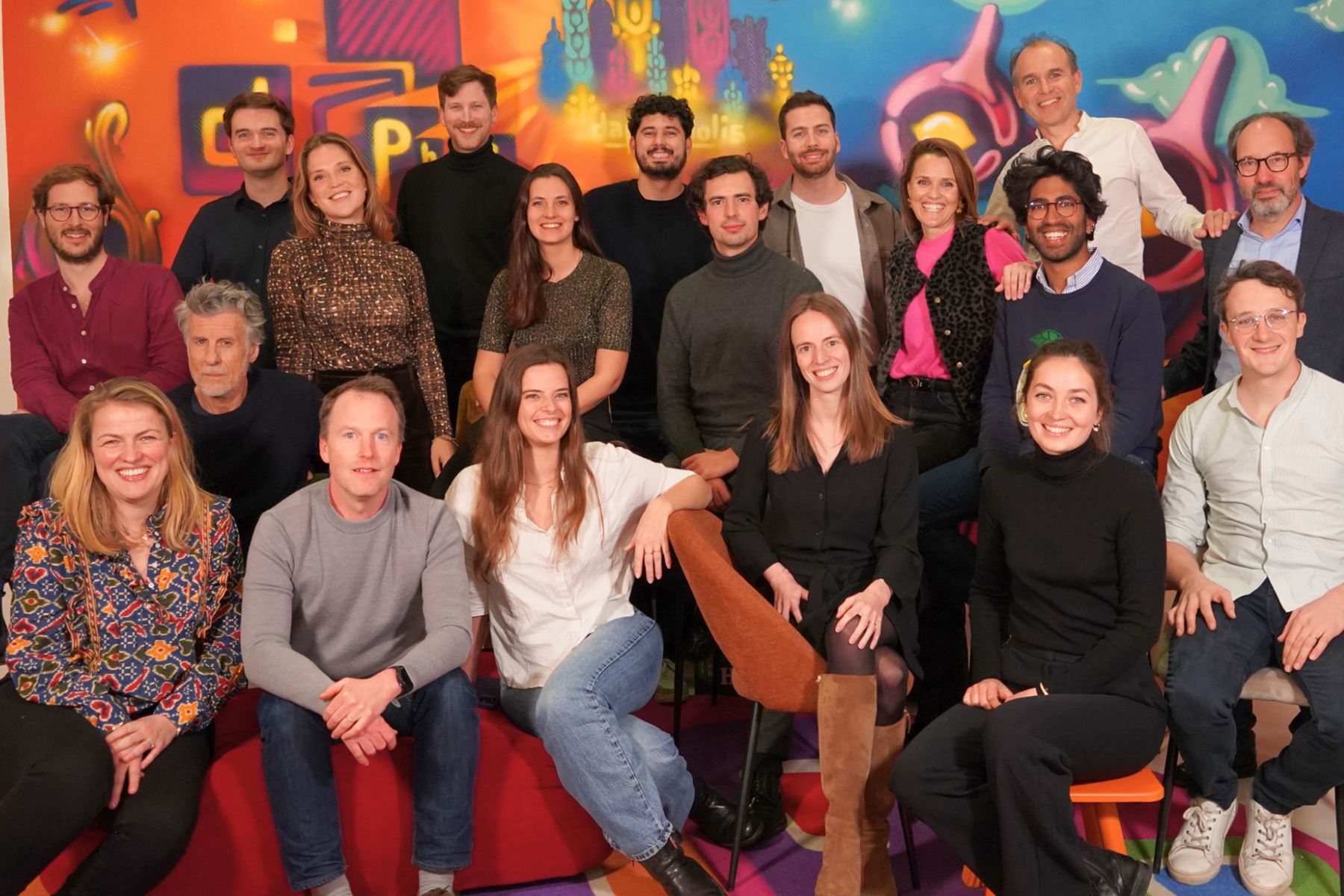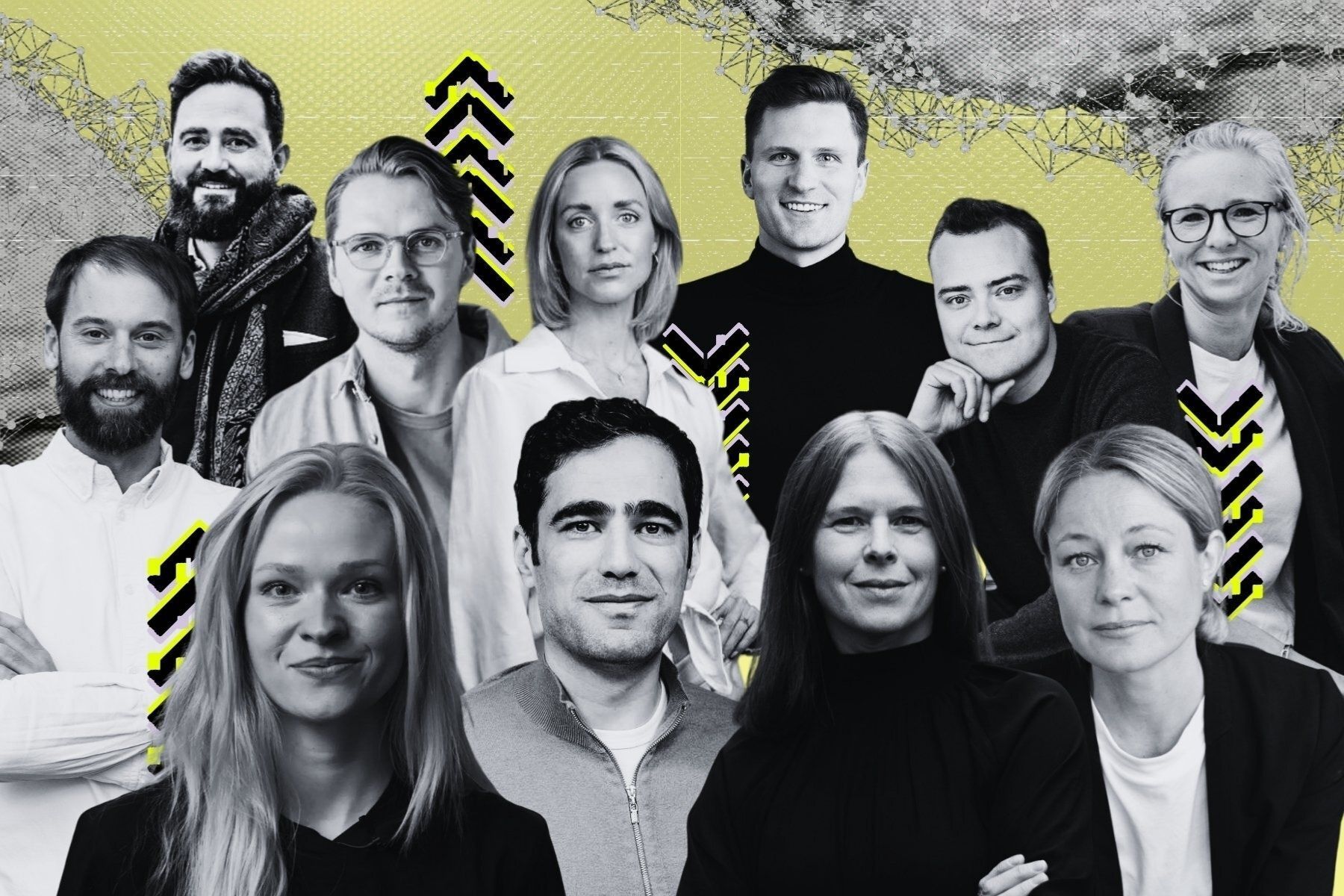Lightrock partner on AI’s risks for founders and investors: ‘Two sides to a coin’
AI is fuelling a startup boom – but it’s also arming bad actors, rewriting the rules of competition, and testing how much control humans are willing to give up.<br><br>Impact Loop met Lightrock partner Ash Puri in London to explore what’s really at stake as AI transforms entrepreneurship.


AI is making it faster and cheaper to build a company – but it’s also blurring lines of ownership, creativity, and control.
“The [AI] revolution is going to be among the biggest changes humanity has ever seen. How we manage it is up to us,” Ash Puri, a partner at Lightrock, tells Impact Loop in a sit-down interview at the firm’s London offices.
“A lot of good will come out of this, but we can’t ignore the fact that people are also using it for unintended purposes,” he continues. “But that’s always the reality of life, right? When somebody built a computer, somebody else built a computer virus. There are always two sides to a coin.”
Tackling misinformation
Like most VC firms, Lightrock is betting big on the many upsides of the AI boom. With more than €4.5bn in assets under management, its portfolio includes plenty of companies that rely heavily on artificial intelligence – like data analysis platform Dataiku and AiDash, which uses satellite imagery to protect critical infrastructure from climate change risks.
But Puri is also concerned about the dangers associated with widespread access to a technology that can so easily be misused.
“One of the biggest challenges facing all of us across the next 10 to 20 years is misinformation,” he says.
“It is so easy to create chaos this way: a smear campaign can easily bring down businesses, or create political tensions and literally shake up society,” Puri says. “That’s where AI gets dangerous, especially with rogue states using this as a tool or a weapon.”
There is another threat as well: hackers using more sophisticated tools to ramp up cyberattacks. Those can cripple even major companies, with Jaguar Land Rover (JLR) being a prominent recent case.
Stealing your IP
While the JLR attack has not been directly linked to the use of artificial intelligence, there is no doubt that AI could supercharge targeted espionage. That raises a separate risk for smaller, highly innovative firms: IP theft.
In a world tilting from globalisation to regionalisation, state-aligned actors have stronger incentives to steal breakthrough tech from SMEs, particularly in areas like novel materials, biotech, or industrial software.
“I think the rollout of AI will accelerate cybercrime and state-sponsored hacking,” Puri says. “Cyber-based attacks are the easiest way to bring a company to its knees and rob them of their IP. SMEs, as innovation drivers with limited cybersecurity infrastructure, are especially vulnerable to these threats, which can emanate from simple criminals or sophisticated state-backed actors.”
There’s also the issue of becoming too reliant on artificial intelligence.
Overdependence
Almost all companies, regardless of industry, are now making AI solutions a key part of their pitch decks to investors.
But Puri points out that any AI model is only as good as the data it gets fed, and that you still need humans at the wheel to make the critical decisions.
“Human beings have one natural gift that machines will never have, and that is intuition,” he says. “And the collective mindset of the organisation must be used to pursue a strategy.”
The premise for investors hasn’t changed
And while AI has already transformed what it means to be a founder, the fundamentals for investors haven’t shifted – even at a time when anyone with access to vibe-coding tools like Lovable and Replit can spin up a SaaS product in a single afternoon.
“The premise for backing any business is to look at whether it’s solving a genuine problem,” Puri says. “That premise doesn’t change and will never change.”
“The only thing that has changed is that the research that used to take a year can now be done in months or even weeks; the software development that used to take months can now be done in days. But the product still needs to be backable. So, yes, there’ll be a lot more hobby entrepreneurs who try to throw things on the wall to see what sticks. AI has lowered the bar for someone to start a business. But the basics don’t change. A good entrepreneur will always be a good entrepreneur.”
Get full access to Europe's new platform for impact news
- Quality journalism, interviews, investor profiles and deep-dives
- Daily newsletter with top stories, latest funding rounds and roundup to keep you in the loop
Keep reading – get in the loop!
- Håll dig i loopen med vårt dagliga nyhetsbrev (gratis!)
- Full tillgång till daglig kvalitetsjournalistik med allt du behöver veta inom impact
- Affärsnätverk för entreprenörer och investerare med månatliga meetups
Fortsätt läsa – kom in i loopen!
- Håll dig i loopen med vårt dagliga nyhetsbrev (gratis)!
- Full tillgång till daglig kvalitetsjournalistik med allt du behöver veta inom impact
- Affärsnätverk för entreprenörer och investerare med månatliga meetups



